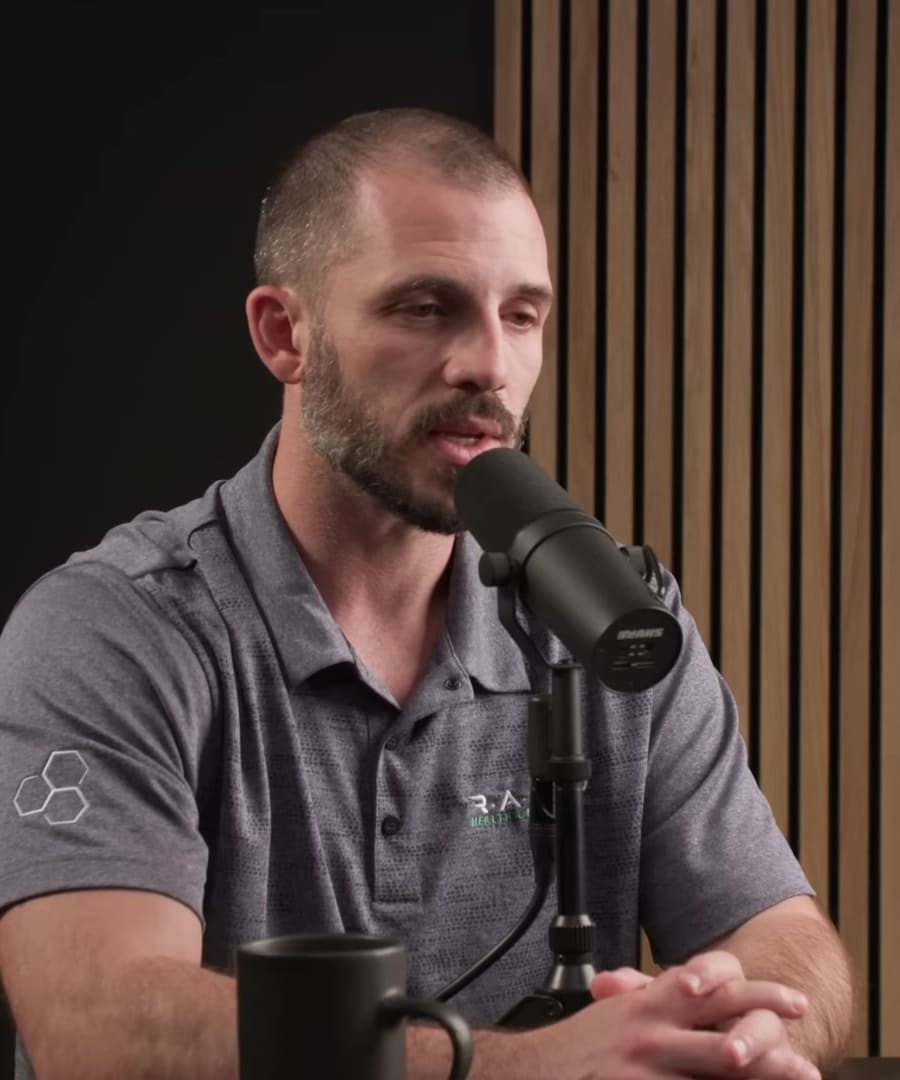how to reduce stress
Sources:
To reduce stress, the suggests several methods:
-
Physiological Sighing: Performing a physiological sigh, involving two deep nose inhalations and a long exhale, can rebalance the autonomic nervous system and quickly induce calm 1.
-
Cyclic Sighing: Engaging in cyclic sighing (repeated physiological sighs) for five minutes a day has been shown to effectively reduce stress over a 24-hour period 1.
-
Autonomic Nervous System Activation: Activating the parasympathetic nervous system, which controls calming and relaxation responses, can help to reduce stress quickly in real-time 2.
-
Breathwork Practices: Breathwork practices for about five minutes a day have been found to outperform meditation when it comes to reducing stress and can be beneficial for mood and sleep 3.
-
Understanding and Recognizing Stress: Being aware of different forms of stress and recognizing when you need to activate stress responses or turn them off plays a critical role in managing stress effectively 4.
-
Meditation Practices: Meditation can be used to adjust towards happiness and mindfulness. Practices like yoga nidra and non-sleep deep rest (NSDR) might be beneficial for enhancing sleep and replacing lost sleep 5.
-
Cold Exposure: Engaging in deliberate cold exposure and learning how to control your response to it can raise your stress threshold and improve your ability to navigate stress more effectively 6.
-
Adopting Real-time Tools: Having tools that you can apply in real-time when stress arises can be valuable. Physiological sighs are recommended as effective for on-the-spot stress reduction 7.
Purposeful application of these methods can help manage and reduce stress levels, but always consider safety and any personal health conditions when trying new practices.
RELATED QUESTIONS-
how to treat skin inflammation
Sources:
To treat skin inflammation, you may consider the following strategies mentioned in the :
-
Omega-3 Fatty Acids: Omega-3s have anti-inflammatory properties. A dosage of about 2 to 5 grams total of a balanced EPA to DHA ratio is recommended. However, dosages exceeding around 15 grams can harm the immune response, so it's not advised to take excessive amounts 1.
-
Curcumin: Taking approximately 500 milligrams of Curcumin three times a day can help manage inflammation. This compound is found in turmeric and has well-documented anti-inflammatory effects 1.
There are also other factors to consider when dealing with inflammation:
- Inflammation Phase: Recognize that short-term inflammation is a necessary part of the body's recovery process, bringing in nutrients for repair and helping to remove waste 1.
- Avoid Certain Treatments in Early Inflammation: Immediately after an injury or when inflammation is first noticed, it's generally advised to avoid anti-inflammatory medications and ice baths, as they can interfere with the body's natural recovery processes 1.
For conditions that involve chronic pain and inflammation such as fibromyalgia:
- Red Light Therapy: There's some discussion around using red light therapy for conditions like fibromyalgia, though it's more typically connected with mitochondrial health. This treatment might represent a technology mimicking aspects of natural sunlight, which contains red wavelengths that could be therapeutic 2.
Remember to always consult with healthcare professionals before starting any new treatment for skin inflammation. The advice from the Huberman Lab Podcast is intended for informational purposes and should not replace professional medical guidance.
RELATED QUESTIONS-
how to reduce stress
- RELATED QUESTIONS
how to treat skin inflammation
- RELATED QUESTIONS








